
A key figure in both Ecuadorian journalism and politics, 'Don Villa' earned his reputation through fearless investigative journalism, opening the way to high-profile convictions that included former President Rafael Correa. His fusion of activism with journalistic rigor drew a spectrum of responses, ranging from admiration to critical scrutiny.
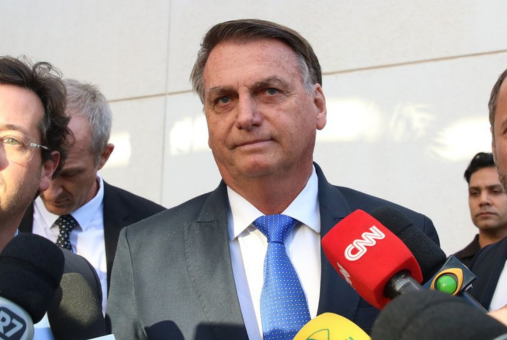
Former Brazilian President Bolsonaro's attacks on journalists didn't deter media coverage during his term. Instead, journalists used the criticism as motivation, as shown by a study conducted by researchers from the University of Texas and published in The International Journal of Press/Politics. Interviews with 18 targeted journalists revealed their increased determination, underscoring the resilience of Brazilian journalism in the face of adversity.
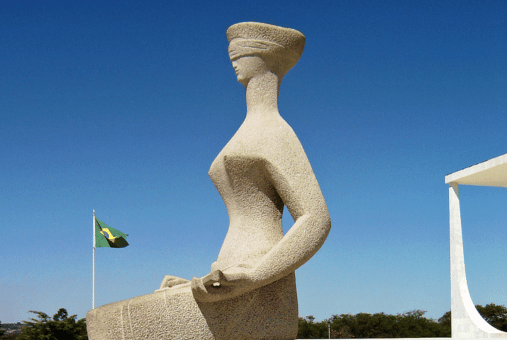
In recent months, press freedom has faced a wave of judicial censorship in Brazil, with stories taken down, magazines recalled from newsstands and a documentary banned. These court rulings are in conflict with the Constitution, which experts say favors freedom of information, and prompt discussions about the need for new laws to protect journalists.
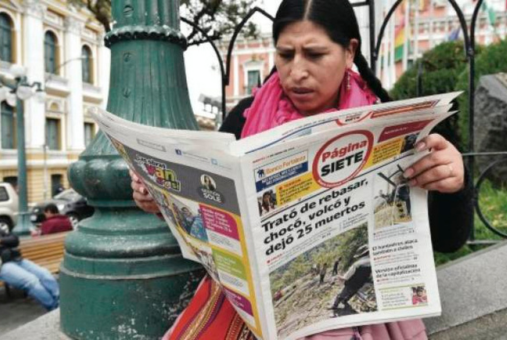
Over the course of 13 years, the daily newspaper faced the burden of political, economic, and judicial pressures, ultimately succumbing to additional shifting advertising trends and reader preferences. Its absence will leave a significant void in Bolivian media.
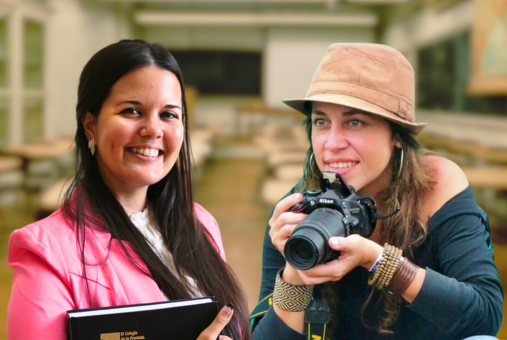
Colombian journalist Andrea Aldana and Cuban journalist Loraine Morales, who live in exile due to hostility towards journalism in their countries, will strengthen their teaching skills while sharing their experience with journalism students, as part of a program promoted by Reporters Without Borders and Spain's Miguel Hernández University.
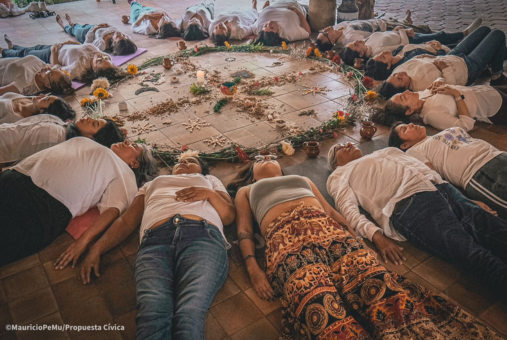
To address the relentless violence and threats against journalists in Mexico, the human rights NGO Propuesta Cívica [Civic Proposal] established the Tejidos Solidarios [Weaving Solidarity] network. This initiative employs a unique methodology to provide psycho-emotional and legal support to the families of murdered and missing journalists. Additionally, it aims to honor their memory.
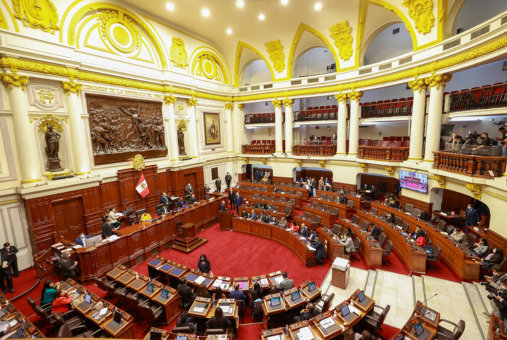
Peru's parliamentarians launched various attacks to restrict press freedom, and journalist associations are resisting as best they can. A controversial bill may fail in Congress, but other threatening initiatives remain under discussion, reflecting deteriorating democratic conditions in the country.
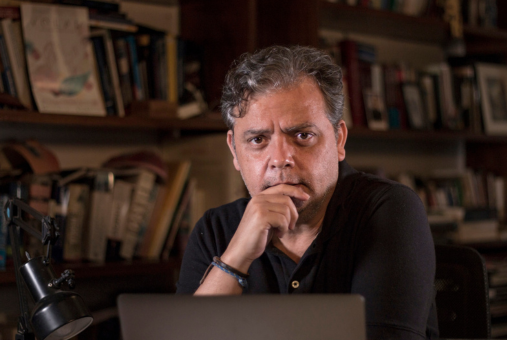
El Salvador's most acclaimed newspaper relocated its administrative and legal departments to Costa Rica, due to harassment and government surveillance. However, its journalists remain in the country. Co-founder Carlos Dada told LJR how the move allows them to continue doing their investigative work, while expressing concerns over authoritarianism and potential criminalization of journalists.
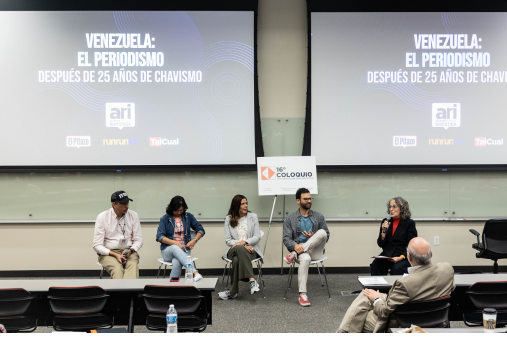
In a panel at UT Austin, four Venezuelan journalists recounted their experiences of persecution and survival during two and a half decades in a country that is no longer a democracy, where print newspapers are lacking and the official media have become hegemonic.
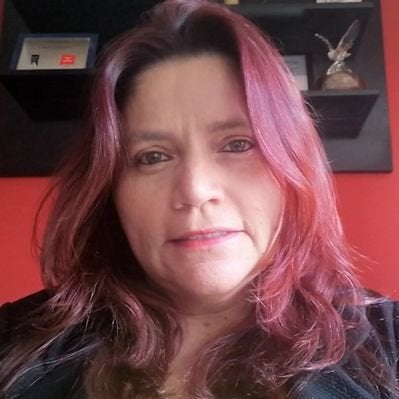
When she found irregularities in the handling of her data, Colombian journalist Claudia Julieta Duque returned her protection mechanism. Duque denounced having since suffered at least two serious security incidents. She also condemned the lack of compliance by the part of the State with the precautionary measures granted to her by the Inter-American Commission on Human Rights (IACHR).

Pese a que en América Latina la cifra de periodistas en prisión es relativamente baja, el CPJ advirtió que en 2021 se registró un preocupante deterioro en la situación de la libertad de prensa en la región al considerar otros indicadores.

Colombia’s FLIP denounced that the organization in charge of protecting journalist Claudia Julieta Duque collected sensitive data from the reporter through detailed monitoring from the GPS installed in her vehicle given as part of a protection scheme.